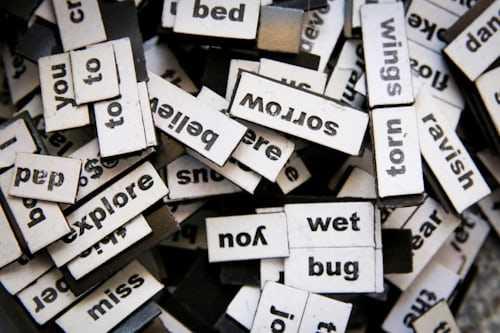Learning cognates
Cognates are “true friends” of words you recognize from your native language that mean the same thing in another language.
For instance:
- Words like Action, nation, precipitation, solution, frustration, and thousands of other -tion words are spelled exactly the same in French, and you can quickly get used to the different pronunciation. Change that -tion to a -ción and you have the same words in Spanish. Italian is -zione and Portuguese is -ção.
- Many languages also have words that share a common (Greek/Latin or other) root.
- Even languages as different as Japanese can have heaps of very familiar vocabulary.
1.98K
5.23K reads
CURATED FROM
IDEAS CURATED BY
The idea is part of this collection:
Learn more about personaldevelopment with this collection
How to establish a positive team culture
How to collaborate effectively
How to build trust with a new team
Related collections
Similar ideas to Learning cognates
4. Say Thanks in a Foreign Language
Your "Thank You" doesn't have to be given in English.
Consider adding to the fun by expressing your thanks in a foreign language. For example:
- French - merci
- Spanish - gracias
- Hawaiian - mahalo
The hardest language to learn
People often think that languages like Russian, Arabic or Japanese are harder to learn, but it is subjective.
Words from different languages have the same etymological origin, such as 'brother' in English and 'Bruder' in German. But languages with different phonetics will be harder to lear...
The Language Everyone Uses Is Weird
The English language is a universal tool for communication and is mastered even by non-native speakers. The many inconsistencies, quirks and complexities found in English can be confusing and highly frustrating for millions, both in verbal and written formats.
Other languages like French m...
Read & Learn
20x Faster
without
deepstash
with
deepstash
with
deepstash
Personalized microlearning
—
100+ Learning Journeys
—
Access to 200,000+ ideas
—
Access to the mobile app
—
Unlimited idea saving
—
—
Unlimited history
—
—
Unlimited listening to ideas
—
—
Downloading & offline access
—
—
Supercharge your mind with one idea per day
Enter your email and spend 1 minute every day to learn something new.
I agree to receive email updates

